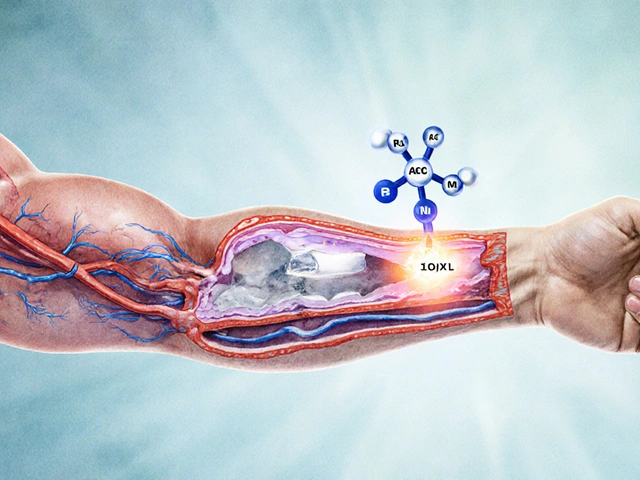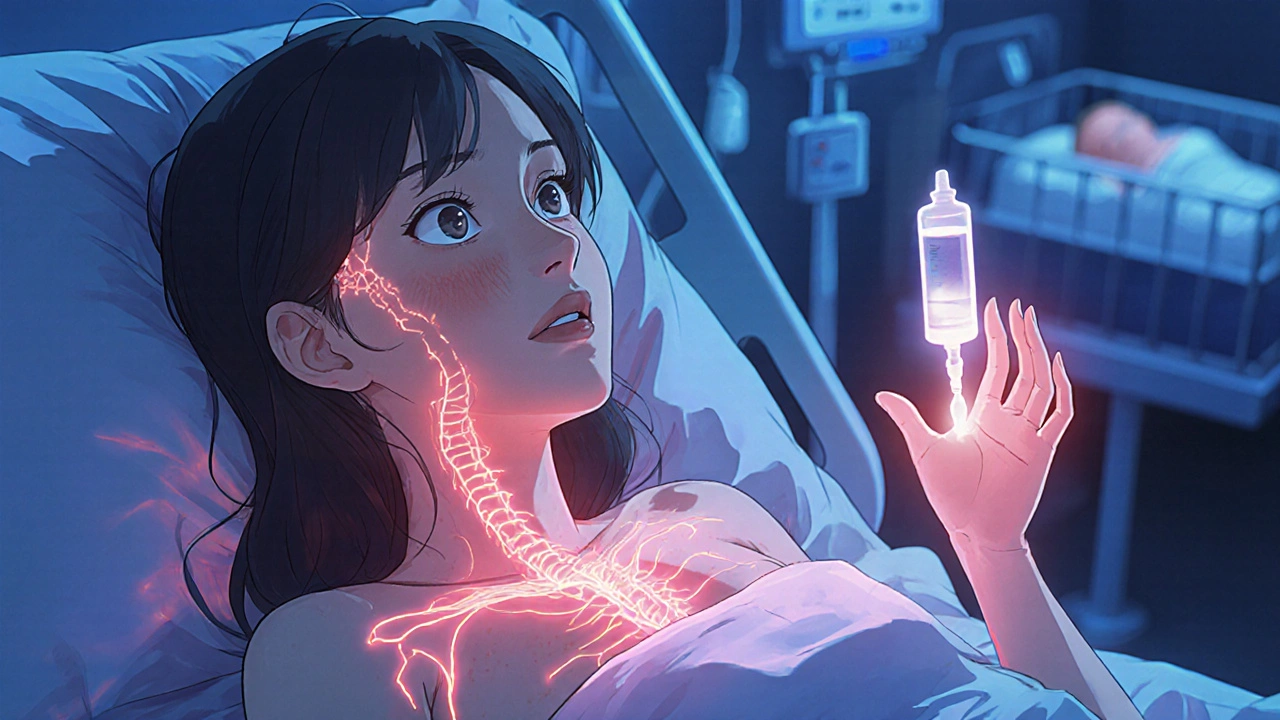Histamine Release: What It Is, Why It Matters, and How It Affects Your Health
When your body overreacts to something harmless—like pollen, certain foods, or even stress—it might be due to histamine release, a chemical response triggered by immune cells to protect you from perceived threats. Also known as mast cell activation, this process is behind many of the symptoms people mistake for simple allergies or food sensitivities. Histamine isn’t bad by itself—it helps with digestion, sleep, and even brain function. But when it’s released too much or too often, it can cause itching, runny nose, hives, stomach cramps, headaches, or even brain fog.
This isn’t just about seasonal allergies. histamine intolerance, a condition where your body can’t break down histamine fast enough is becoming more recognized. It often shows up after eating aged cheeses, fermented foods, alcohol, or smoked meats. Your body uses enzymes like DAO and HNMT to clear histamine, but if those are weak or overwhelmed, histamine builds up. mast cells, the immune cells that store and release histamine can also get overly sensitive due to stress, infections, or gut issues like SIBO.
People who struggle with chronic hives, unexplained migraines, or digestive problems after meals often don’t realize histamine could be the hidden cause. And while antihistamines like cetirizine or loratadine help temporarily, they don’t fix the root issue. That’s why many are now looking at diet, gut health, and even how certain medications—like some antibiotics or painkillers—might be making histamine release worse.
The posts here cover real-world cases and practical tools: from how to spot hidden histamine triggers in your meds, to understanding why some people react badly to common treatments like statins or antibiotics. You’ll find guides on managing symptoms without just masking them, and insights into how environmental factors, like air pollution or food additives, can push your histamine levels over the edge. Whether you’re dealing with daily discomfort or just trying to understand why you feel off after eating sushi or red wine, this collection gives you clear, no-fluff answers—no guesswork needed.
Opioid-Induced Itching: How Histamine and Nerve Pathways Trigger It and What Actually Works
Opioid-induced itching is common, especially after spinal or IV morphine, but antihistamines rarely help. The real cause is nerve activation, not histamine. Learn what actually works to stop it without losing pain relief.
About
Medications
Latest Posts


How to Use a Medication Action Plan Template During Healthcare Visits
By Orion Kingsworth Jan 27, 2026

Opioid-Induced Itching: How Histamine and Nerve Pathways Trigger It and What Actually Works
By Orion Kingsworth Oct 30, 2025

Preventive Measures for Building Resilient Pharmaceutical Supply Chains to Prevent Drug Shortages
By Orion Kingsworth Dec 23, 2025

